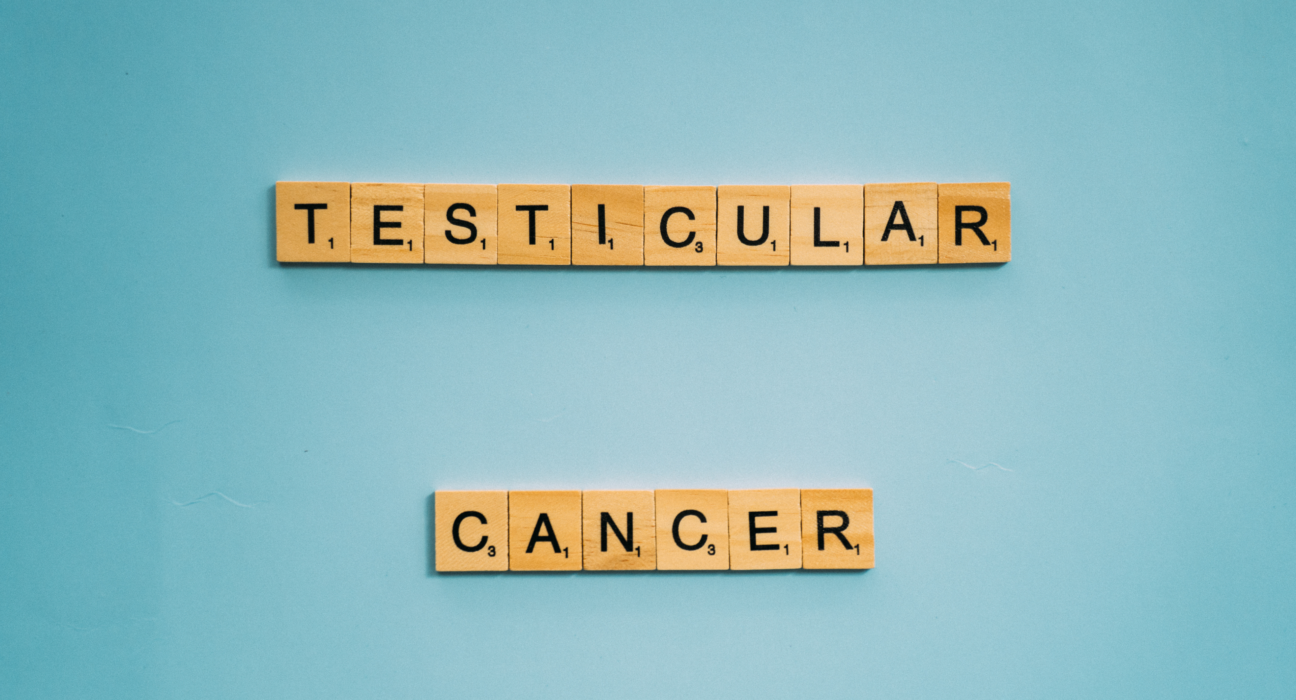By Delicia Janniere
In observance of Testicular Cancer Awareness Month this April, healthcare advocates are emphasizing the significance of early detection and prompt treatment for this relatively uncommon yet potentially serious form of cancer.
Sponsored by GTM Insurance and Essential Care Pharmacy, the NCN Health Report delves into the signs, detection methods, and available treatment options for testicular cancer.
Testicular cancer, while rare, affects approximately 1 in 250 men during their lifetime, with the highest incidence occurring between the ages of 15 to 44.
Despite its shockingly young demographic, timely diagnosis greatly enhances the prospects of successful treatment and even complete recovery.
Signs of testicular cancer may include a painless lump in the testicle, swelling, heaviness in the scrotum, dull aches or pains in the groin, testicle, or scrotum, and changes in breast tissue.
Risk factors include a family history of the disease, undescended testicles, or germ cell neoplasia in situ (GCNIS), often identified during infertility testing.
Regular self-examinations are paramount in detecting testicular cancer early.
Healthcare professionals recommend performing these examinations after a warm bath or shower, when the scrotum is relaxed. Any abnormalities should prompt immediate medical attention.
Fortunately, testicular cancer is treatable, even if it has spread beyond the testicle.
Treatment options vary depending on factors such as cancer type, stage, overall health, and patient preferences.
Surgical intervention, radiation therapy, and chemotherapy are among the available treatment modalities.
Individuals concerned about their risk of testicular cancer are encouraged to seek guidance from healthcare providers at institutions like the Georgetown Public Hospital Corporation, the Ministry of Health, or the Cancer Institute.
Early intervention can significantly improve outcomes and ensure a better quality of life for those affected by this disease.
As Testicular Cancer Awareness Month draws to a close, the NCN Health Report underscores the importance of ongoing education, vigilance, and access to healthcare resources in combating this form of cancer.

